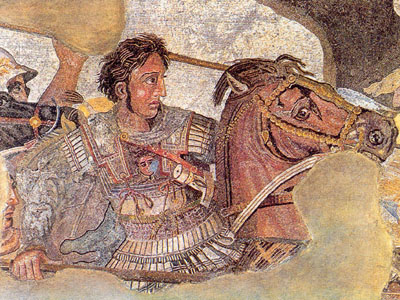In what was arguably the least politically correct conversation I’ve had this year, a friend and I discussed crime and punishment last night. He suggested that, in keeping with the idea of avoiding cruel and unusual punishment, we should institute public caning as punishment for petty crimes like graffiti and shoplifting.
Needless to say, I was a tad bit confused.
He reasoned that a $10,000 fine and 150 hours of community service is actually more cruel and unusual for your average young hoodlum than corporal punishment coupled with public humiliation would be. Cruel, because a $20,000 debt is enough to seriously harm someone already making somewhat stupid decisions. Unusual, because mandatory community service does not actually create the fear of the law that prevents future criminal behavior.
Aristotle argued in the Nicomachean Ethics that the state ought to cause pain for wrong actions, in order to compensate for whatever disordered pleasure perpetrators get out of them. Certainly, corporal punishment has been legally prescribed throughout most of human history. At the most basic, natural level, people want to avoid physical pain and harm to their bodies even more than monetary burdens or the loss of time.
Debate: is public caning egalitarian, natural, and effective as a punishment for petty crime? Or is it needlessly violent and cruel?








 This week, I finally watched the critically-acclaimed 1994 blockbuster,
This week, I finally watched the critically-acclaimed 1994 blockbuster,